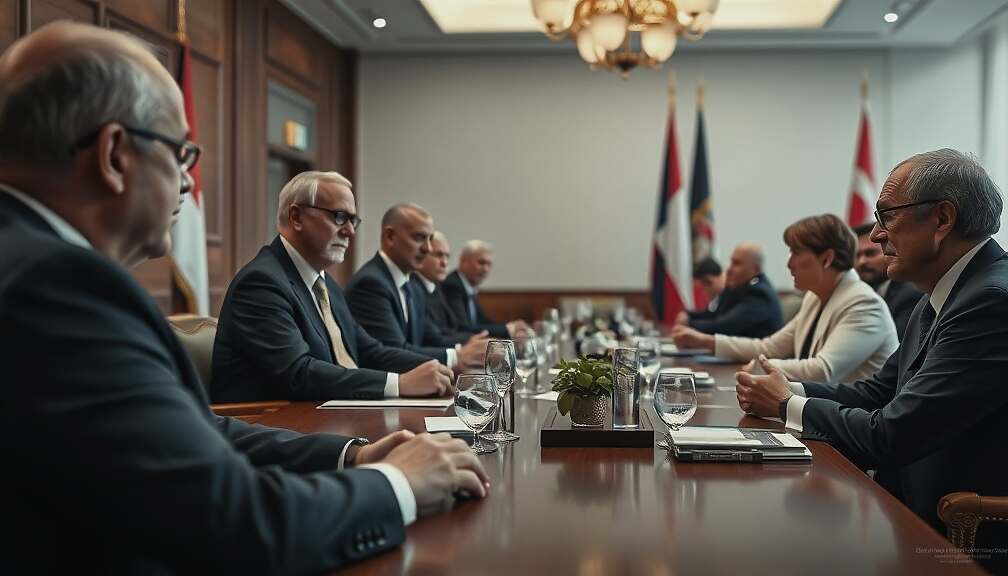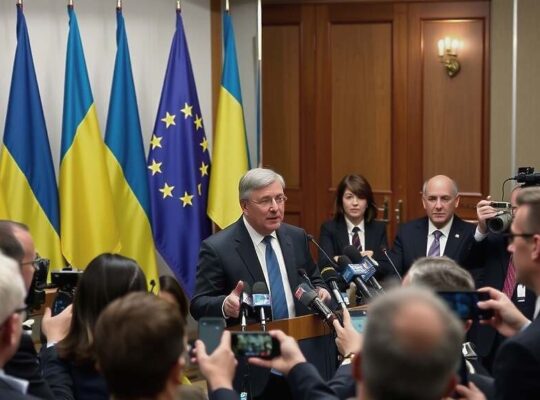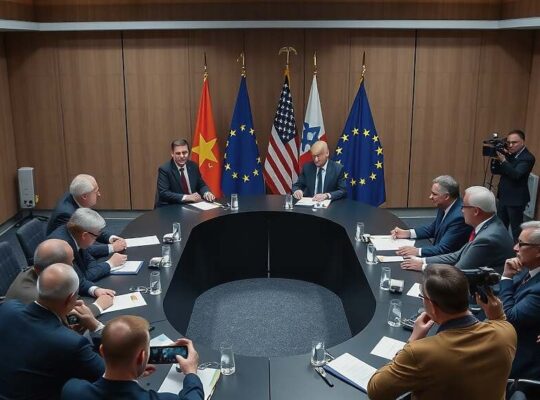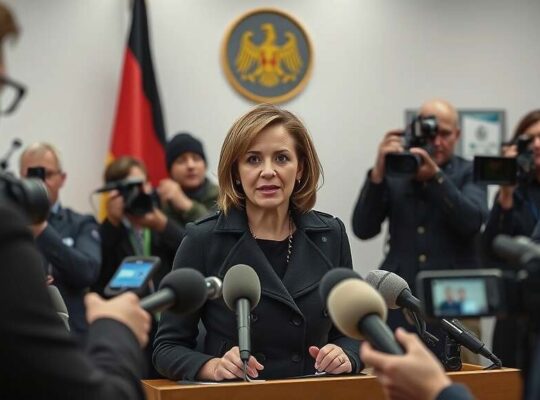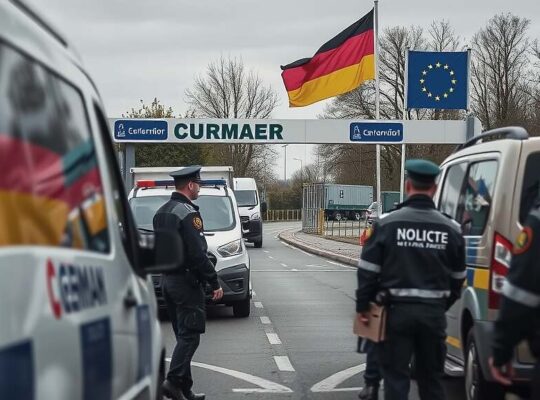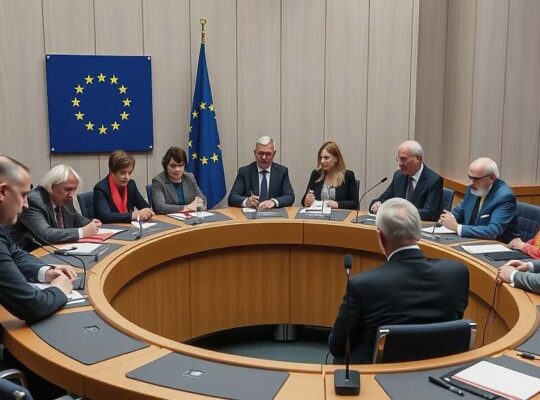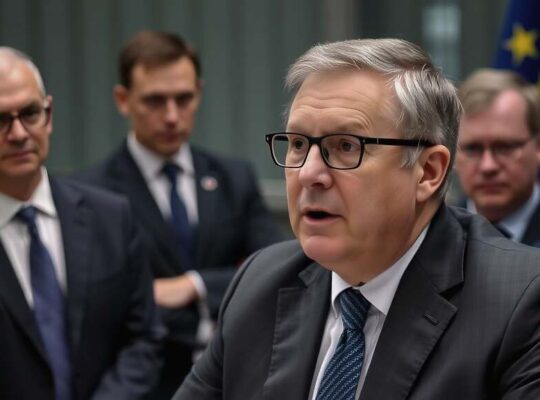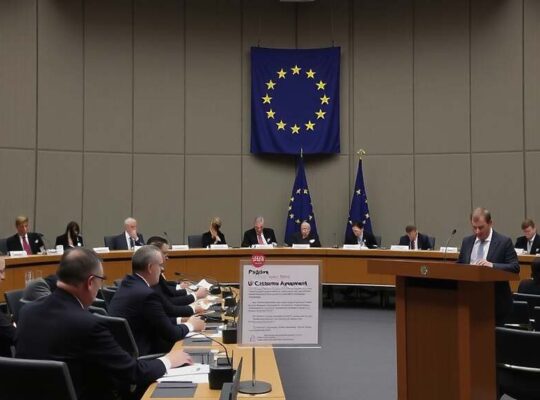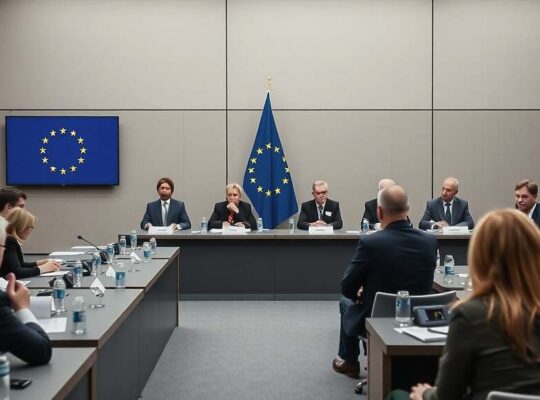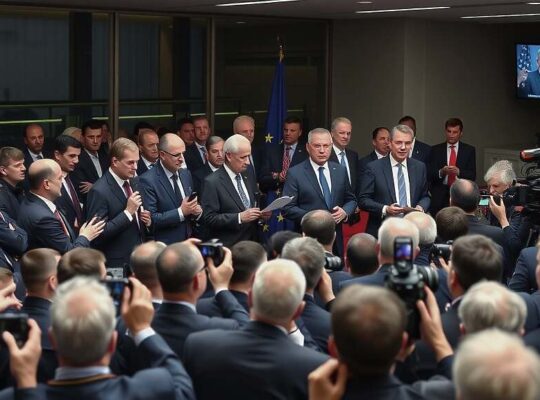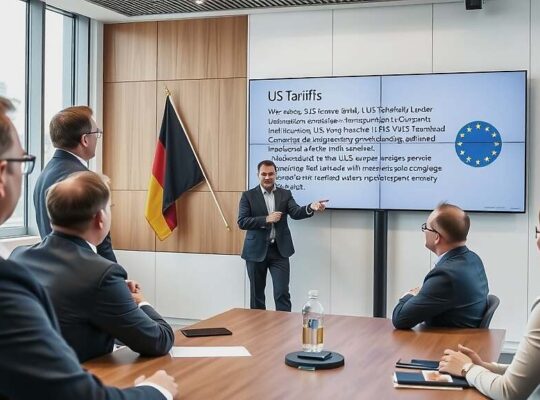The European Union must fundamentally recalibrate its approach to international relations, moving beyond a posture of benevolent neutrality and adopting a more assertive, reciprocal stance. This shift, championed by EU foreign policy chief Kaja Kallas, argues that Europe’s long-held image as a reliable benefactor has inadvertently fostered a dynamic where other nations primarily engage when facing crises or seeking financial assistance.
Kallas’s critique centers around the inherent transactional nature of geopolitical power. She contends that nations with strategic ambitions consistently demand concessions in return for support and the EU must emulate this model to secure its own interests and effectively influence global events. The recent announcement from Laos, a recipient of EU aid, regarding potential deployment of soldiers to fight alongside Russia in Ukraine serves as a stark example, Kallas argues. She criticizes the current European mindset, which, she believes, has been reluctant to link assistance with behavioral expectations.
The call for a more assertive EU isn’t limited to re-evaluating aid distribution. Kallas is also advocating for a significant increase in military aid to Ukraine. She maintains that a stronger Ukrainian military will not only bolster its defensive capabilities but also improve its negotiating leverage in any future peace talks.
Beyond the immediate conflict in Ukraine, Kallas projects a sense of burgeoning vulnerability within Russia. While President Putin may believe in a prolonged strategic advantage, Kallas asserts that this is a miscalculation. She highlights the steadily weakening Russian economy – heavily burdened by military spending (now comprising 40% of the national budget), depleted reserves and the limitations imposed by international sanctions. The inability to secure external financing, even from China, compounds these challenges.
This economic pressure, Kallas insists, creates a window of opportunity for the EU. She urges the bloc to deliver a clear signal to Russia, implying that the Kremlin’s strategic calculations have been flawed and that time is no longer on Moscow’s side. The imperative, essentially, is for the EU to translate its economic leverage into a more tangible and impactful foreign policy posture, moving beyond the comfortable, but increasingly ineffective, role of the “Good Guys”.


